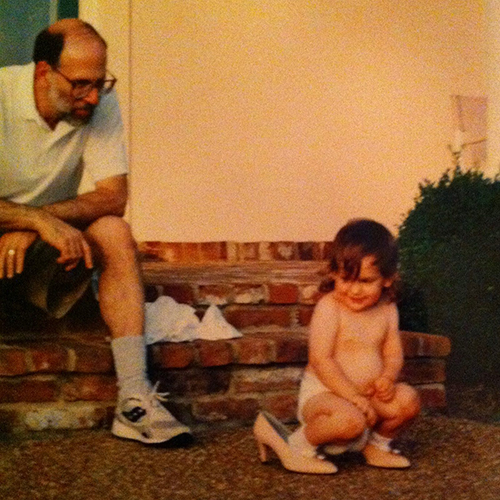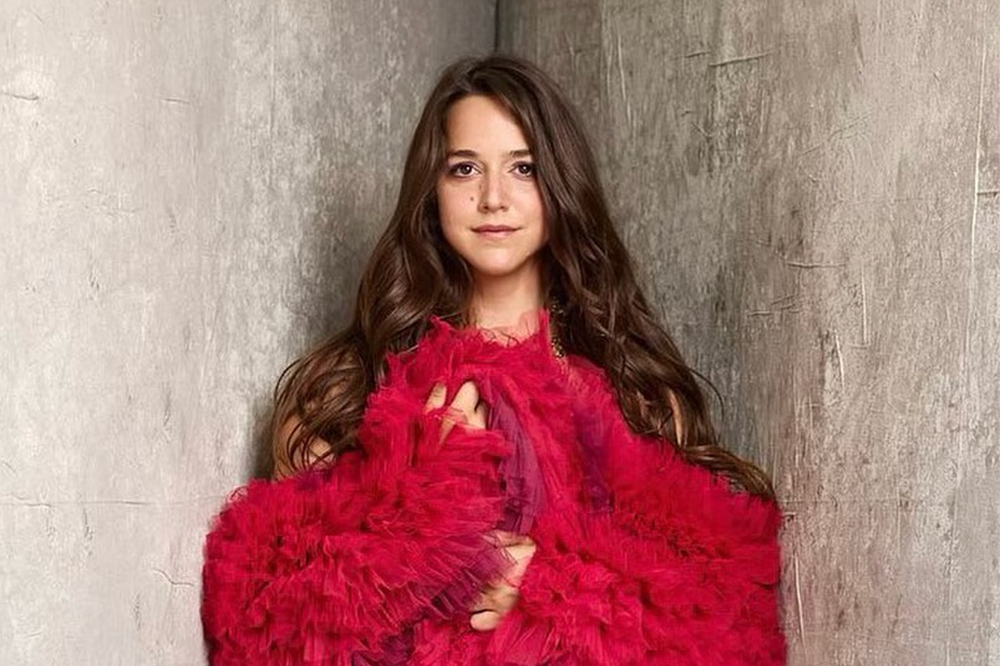When imagining a musician on tour, a series of stock images probably go through your mind: a scruffy van loaded with gear, T-shirts in bad need of a laundromat, fast food wrappers stuffed in the back of an amp. But in reality, musicians have their antennas out for any venue that works, traveling not only by road, but by rails, air, and even on the high seas. Take Memphis native Happie Hoffman, aka Happie, a singer/songwriter in the indie-pop-folk vein who recently played a cruise ship. That alone isn’t that novel — there are many musically themed cruises of the Caribbean — but this one left from Tromsø, Norway, bound for the Arctic Circle.
If that sounds like a dream vacation to any Memphian oppressed by the current heat wave, there was far more to it than that, and it’s emblematic of Hoffman’s unique commitment to community. She describes her fellow passengers not as fans or patrons to be entertained, but as “about 150 friends, friends of friends, and creative entrepreneurs.”
Uniting all these friends was a desire to heal the world in multiple ways. The many friends on the tour came together under a few organizations that approach the issues of our day in complementary ways. “The cruise,” says Hoffman, “was in partnership with a morning dance company called Daybreaker, the Pachamama Alliance that’s working on saving the Amazon and the rain forest, and the Belong Center. Their mission is to help end loneliness.”
The Daybreaker organization may be unknown to some, though word of their unique mission — “to dance with reckless abandon at daybreak, sans substances, turning nightlife on its head” — has rapidly spread over the past decade. And it’s evolved beyond dancing, with multiple global destinations and “immersive expeditions to the most tender parts of the planet … raising millions of dollars for climate initiatives,” as their website explains. Along the way, co-founder Radha Agrawal wrote the book Belong: Find Your People, Create Community, and Live a More Connected Life and founded the Belong Center.
And, given that the poles are indeed some of the “most tender parts of the planet” in this age of climate change, Hoffman’s journey makes more sense. “I have played on four voyages to Antarctica over the past two and a half years, that started with this group of friends traveling, and this was our first time going to the Arctic,” she says.
It all dovetails nicely with Hoffman’s concern for community in all its manifestations. As detailed in our 2022 feature on her, her melodious voice first found an outlet at Temple Israel, eventually leading to her being named cantorial soloist there. “I’m a fully integrated part of the clergy team at Temple Israel,” she said at the time. “My aim is to move people spiritually, and my mode of doing that is music.”
She now lives full-time in New York City and is no longer as involved in Temple Israel services, singing mainly during the High Holy Days here, but the quest to move people spiritually has remained. Lately, her approach to that has not been through Jewish spiritual music or protest songs about the petroleum-based economy, but through her own observations about love.

Indeed, her latest songs, dropping as singles throughout this summer and ultimately culminating in an EP this fall, focus solely on love. Still, that leaves a lot of emotional territory for her to explore as she travels and performs, single-mindedly pursuing her secular music career. The first single, for example, which dropped last month, is all about her father.
“This album is about different cases of love in our lives, whether they be romantic, or dear friends, or familial,” she says, adding, “and familial love is a beautiful aspect of that, a very real one.” It’s evoked beautifully by the album’s title track, “Shooting Star,” a meditation on how fleeting our lives are, even as the love between a parent and a child endures. The video for the song is being released on Wednesday, July 3rd, and it’s a work that comes very much from the heart.
“I wrote the song when I was home for the holidays, in a songwriting session with one of my best friends and cowriters, Ori Rakib. And as we began to write the chorus, he did a thing that people writing music often do. He said, ‘This song is about your dad.’ And I immediately started crying. And then the song poured out of us.”
Songs that pour out from that emotional place are what Happie Hoffman is all about, and these days, with the world in turmoil and climate disasters looming, she may well have found the key to the higher sense of community that we’re capable of, one that can span the globe: the many faces of love.



